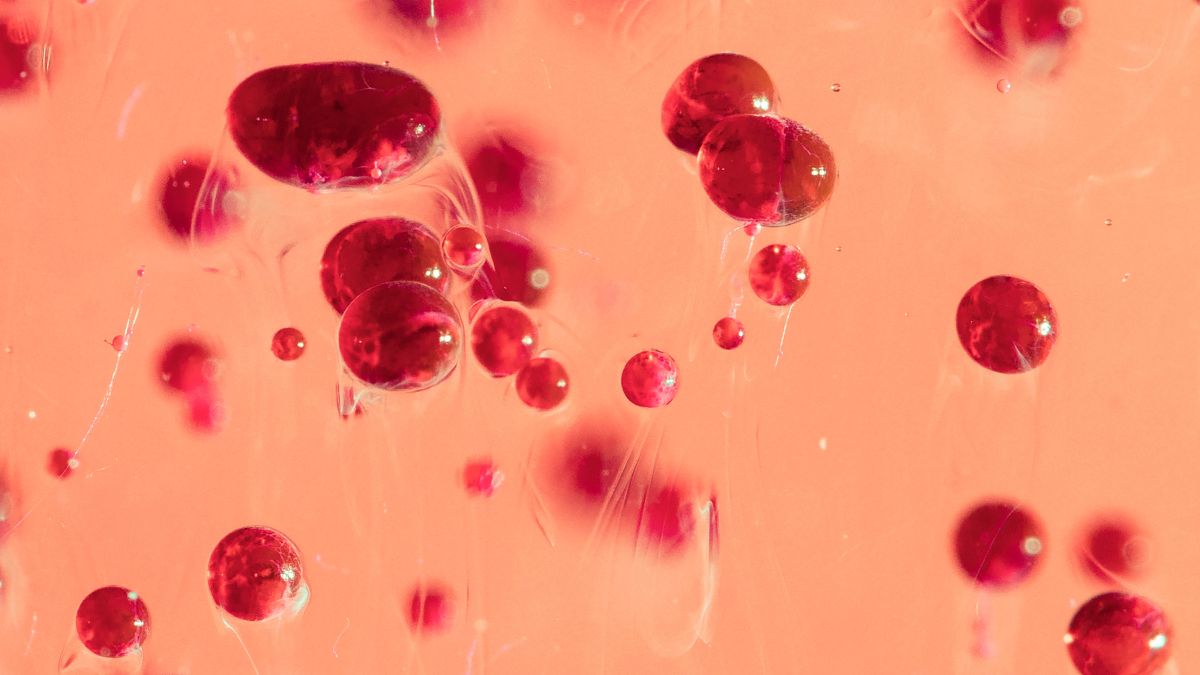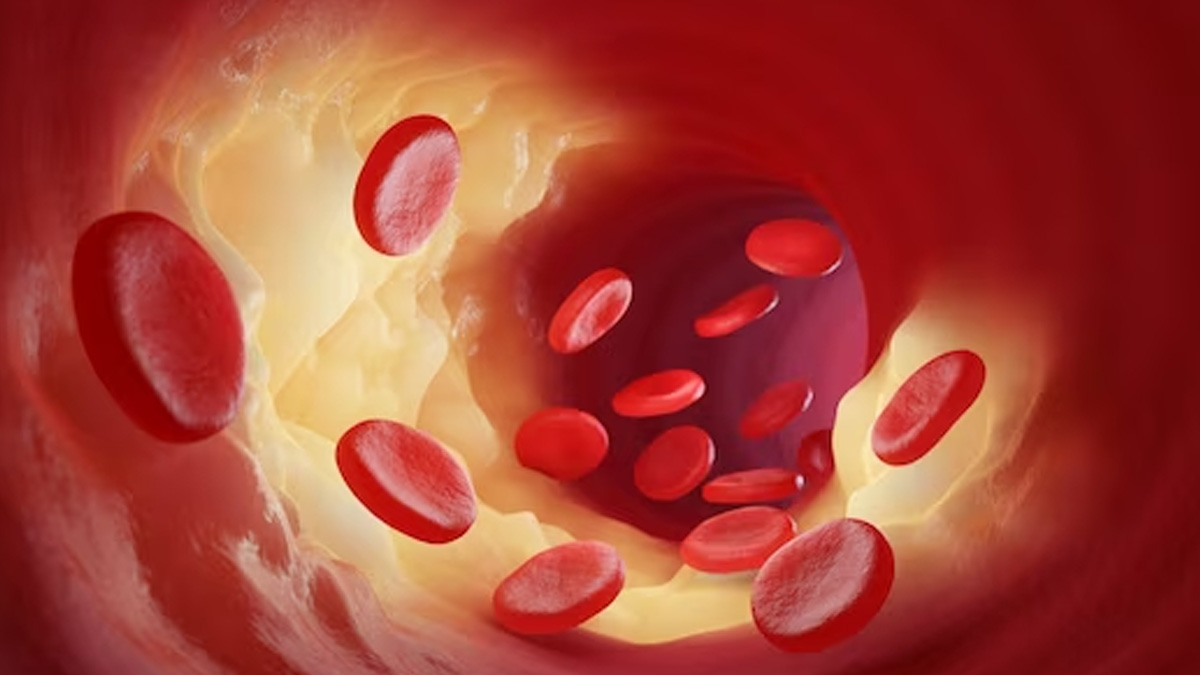
Haemophilia A, also known as factor VIII deficiency, is a genetic disorder affecting blood clotting ability. This condition is one of the most common types of haemophilia and primarily affects males, though females can be carriers and occasionally exhibit symptoms. Understanding Haemophilia A is crucial for managing the condition effectively and improving the quality of life for those affected, said Dr Manisha Rastogi, Consultant, Obstetrics and Gynaecology, Sparsh Hospital, Jaipur while talking to the Onlymyhealth team.
Table of Content:-
Causes of Haemophilia A
“Haemophilia A is caused by mutations in the F8 gene, which provides instructions for making factor VIII, a protein essential for blood clotting. When this gene is altered, the production of factor VIII is either insufficient or defective, leading to prolonged bleeding episodes,” explained Dr Rastogi.
As per Haemophilia Foundation Australia, haemophilia A is inherited in an X-linked recessive pattern. Since males have only one X chromosome (XY), a single altered copy of the gene in each cell is enough to cause the disorder. Females have two X chromosomes (XX), so a mutation would have to be present in both copies of the gene to develop the disorder, which is rare. Females with one mutated gene are carriers and can pass the condition to their offspring.

Signs and Symptoms of Haemophilia A
“The severity of Haemophilia A can vary, depending on the level of factor VIII activity in the blood,” said Dr Rastogi. Symptoms can range from mild to severe and often become apparent in early childhood.
She listed some of the common symptoms of haemophilia A:
- Prolonged Bleeding: After injuries, cuts, or surgical procedures, individuals may experience bleeding that lasts longer than normal.
- Spontaneous Bleeding: Without any apparent injury, people with severe Haemophilia A can bleed into muscles, joints, and other tissues.
- Joint Bleeding: This is common in severe cases and can lead to pain, swelling, and eventually chronic joint damage if not treated promptly.
- Easy Bruising: Individuals may bruise easily, often without noticeable trauma.
- Bleeding in the Urine or Stool: This can be an indication of internal bleeding, requiring immediate medical attention.
- Nosebleeds: Frequent and hard-to-stop nosebleeds can be a symptom.
Treatment Options for Haemophilia A
Dr Rastogi underscored that while there is no cure for Haemophilia A, several treatments can help manage symptoms and prevent complications:
Factor VIII Replacement Therapy
The primary treatment for Haemophilia A involves replacing the missing or deficient factor VIII. This can be done using:
- Plasma-Derived Factor VIII Concentrates: Extracted from donated human plasma.
- Recombinant Factor VIII Products: Genetically engineered products that are free from human blood, reducing the risk of infections.
Also Read: How To Determine If Your Child Is At A Risk For Haemophilia?

Prophylactic Therapy
For those with severe Haemophilia A, regular prophylactic (preventative) infusions of factor VIII can help prevent spontaneous bleeding episodes and protect joint health.
Desmopressin (DDAVP)
This synthetic hormone can stimulate the release of stored factor VIII in individuals with mild to moderate Haemophilia A, providing a temporary increase in factor VIII levels.
Gene Therapy
Recent advances in gene therapy offer promising prospects for Haemophilia A treatment. This experimental approach aims to introduce a functional copy of the F8 gene into the patient's cells, potentially offering long-term benefits.
Managing Bleeding Episodes
During active bleeding episodes, immediate factor VIII replacement is crucial. In addition, individuals are advised to avoid activities that could lead to injuries, such as contact sports. Maintaining good joint health through physical therapy and low-impact exercises can also be beneficial.
Also Read: World Haemophilia Day: Why Majority Of Haemophilia Cases Go Undiagnosed?
Haemophilia A is a challenging but manageable condition with the right medical care and lifestyle adjustments. Early diagnosis and consistent treatment can significantly improve the quality of life and reduce the risk of severe complications. By staying informed and proactive, individuals with Haemophilia A can navigate their condition effectively and enjoy fulfilling lives.
Also watch this video
How we keep this article up to date:
We work with experts and keep a close eye on the latest in health and wellness. Whenever there is a new research or helpful information, we update our articles with accurate and useful advice.
Current Version